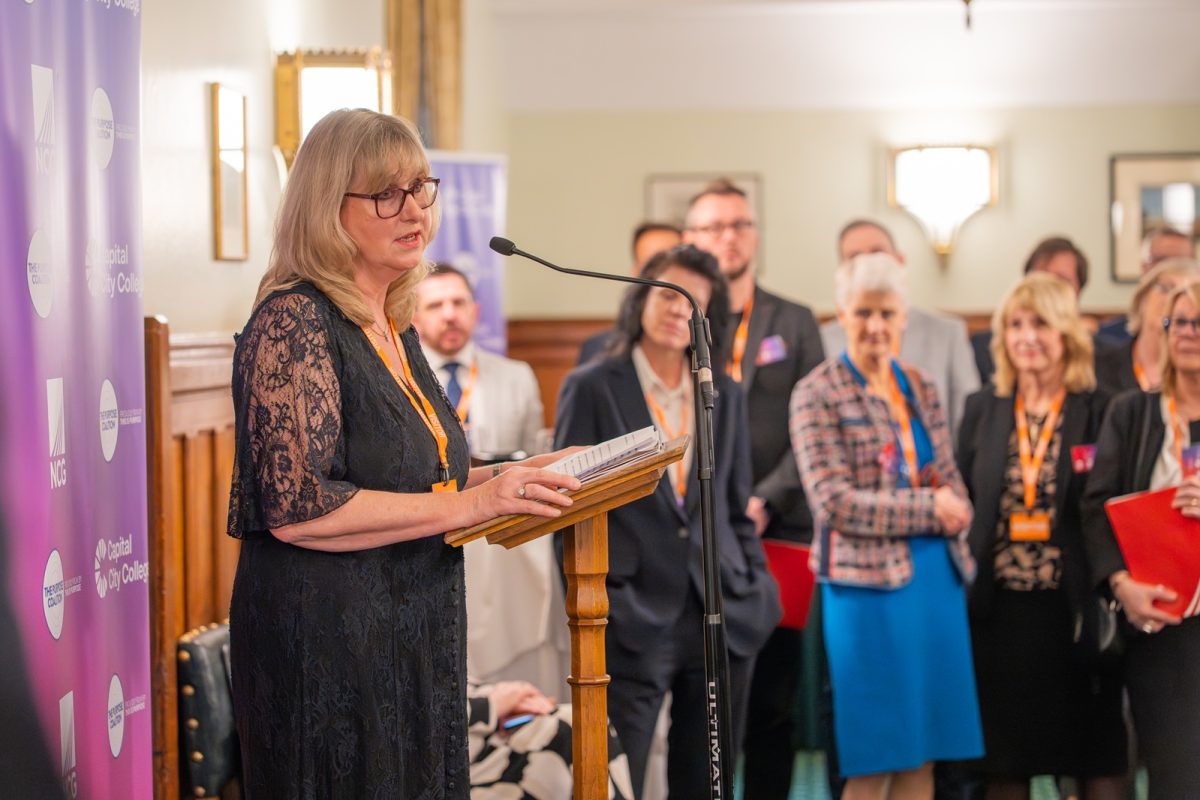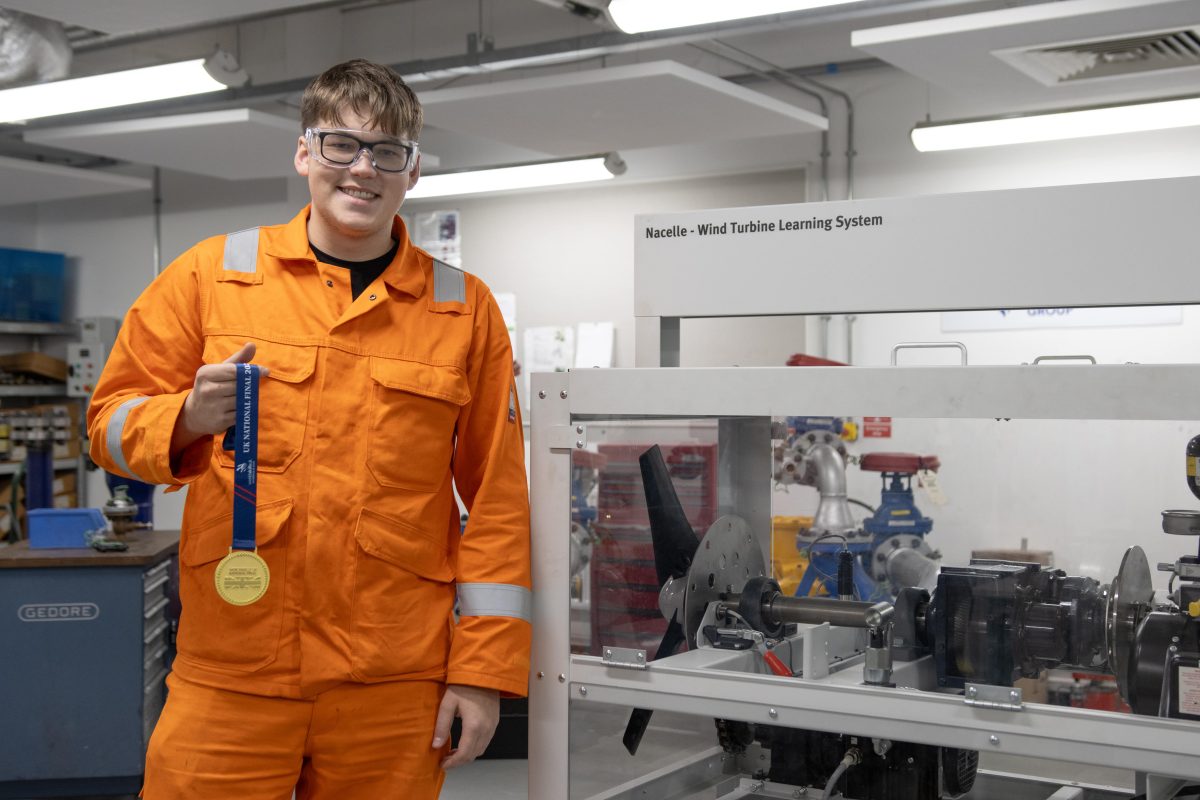More than a third of Brits are interested in taking up an education course

It has been revealed that less than one in 10 Brits (8%) can fluently speak a second language, and 36% of adults are interested in taking up an education course.
To help get Britain learning a new language, London-based adult education college, City Lit, have put together some top tips to help brush up on your foreign language skills:
TOP 5 TIPS FOR LEARNING A NEW LANGUAGE
Less than one in ten Brits (8%) can fluently speak a second language, yet data from London-based adult education college, City Lit, has revealed that the desire to learn is definitely there.
City Lit has announced that almost half (45%) of their most popular courses are language based, and with 36% of UK adults either currently undertaking an education class or thinking about doing so, the rates of adults learning new languages could be on the up.
Learning a new language can be over-whelming, but thankfully the experts at City Lit have put together a list of top tips to help you brush up on your foreign language skills:
1. Trust technology
There are a whole host of apps and websites for learning a new language, and they can be a great way of incorporating learning a foreign lingo into your everyday routine. These apps allow you to practice languages wherever you are, which can be beneficial if you’re stretched for time. Many apps have achievements and goals to hit which encourage their users to use the app every day, and the more you use it, the more you will learn!
2. Use music and TV
It might seem like a strange thing to do, but watching your favourite TV shows or films in a foreign language with subtitles can be a simple and fun way of taking in the language you’re learning. Once you’ve got used to watching English or American shows that have been dubbed in a foreign language, moving onto films produced in a different language can help you develop further. Similarly, listening to music in a foreign language is excellent for helping you to absorb new words.
3. Make the most of your holiday
There is no better way to learn a language than by immersing yourself in the culture of a country and speaking to locals. Supermarkets can be a great place to test your language skills, whether it’s searching out particular foods or trying to order meat or cheese over the counter. Try to steer clear of tourist hot spots where English is commonly spoken, as this will force you to put your language skills to the test.
4. Practice, practice, practice
As good as it is reading, writing and listening in a foreign language you are trying to learn, there is no substitute for actually speaking it. Whether it’s listening to something and repeating it, talking to yourself in the mirror or pretending to talk to someone on the phone, getting into the habit of regularly speaking a new language is one of the best ways to speed up your progression.
5. Book yourself onto a course
For some this might seem a little intimidating, but booking yourself onto a series of language classes can be one of the best ways to learn a language. Led by a teacher that is usually fluent in the language you’re learning provides you with a great opportunity to ask questions if you’re unsure about certain aspects such as pronunciation. Learning with like-minded people also gives you a chance to hold conversations in the language you’re learning which can further help you improve.
About City Lit: London’s largest provider of short courses for adults. Founded in 1919, it has provided adult education in central London for almost a century. City Lit helps learners from a variety of backgrounds and social circumstances from all London boroughs, to challenge themselves and unlock their potential in boosting confidence and giving their creative sides a chance to grow.
City Lit has adapted and innovated to meet London’s changing needs, providing more than just adult education courses – as the offer helps combat loneliness; develop new skills to improve employability; career change retooling for those later in life; offer a sense of purpose and fulfilment; improve confidence; overcome mental health difficulties; and make London a better place. The college now runs around 5,000 courses per year, and handles nearly 60,000 enrolments.











Responses